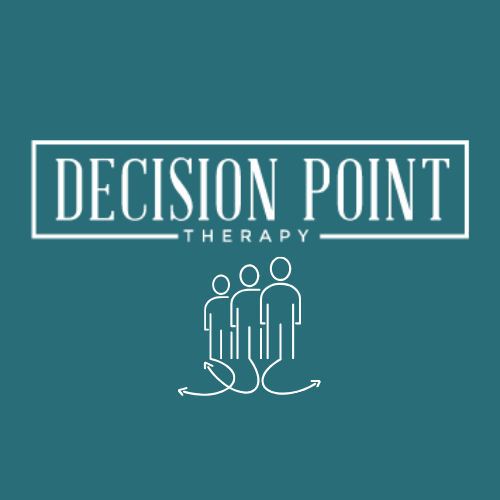When Couples Therapy Isn’t the Right Fit For Your Relationship
Couples therapy can be a powerful tool for strengthening a relationship, but it's not a one-size-fits-all solution. There are situations where couples therapy might not be the most productive course of action.
Here are some signs that you might be better off waiting on, or altogether skipping, couples counseling:
Unwillingness to Participate
Therapy requires a commitment from both partners. If one person is hesitant or downright opposed to the idea, the therapist's job becomes much harder. Open communication and a desire to work on the relationship are crucial for progress.
If your partner is not willing to do couples therapy, individual relationship therapy can still help.
Relationship Abuse
If there's active emotional, physical, or verbal abuse in the relationship, couples therapy can be dangerous in that it can heighten negative emotions and temporarily increase conflict and abuse. A therapist's role is to facilitate healthy communication, but mediating abuse is a different matter.
In these cases, individual therapy and a safety plan are often the first steps before couples therapy can be considered and can be safely conducted.
A well-trained couples therapist can help identify relationship abuse and guide you through the appropriate form of treatment.
Unhealed Trauma
If one or both partners are struggling with severe unresolved trauma, individual therapy may be a better starting point. Unresolved trauma can have a huge impact on communication and one's ability to emotionally regulate themselves, making couples therapy less effective or not helpful at all.
Active Addiction
Addiction can cloud judgment and make it difficult to focus on relationship issues. Couples therapy might be more helpful once an active drug or alcohol addiction is under control.
In this case, individual therapy and/or support groups like Alcoholics Anonymous (AA) or Narcotics Anonymous (NA) may be a better starting point. You might also consider these forms of help alongside of couples therapy.
Secret-Keeping
Couples therapy thrives on honesty and open communication. If a major secret (like an ongoing affair) is being kept, it can undermine the entire process.
Consider if you're ready to come clean and be transparent so that couples therapy can help rebuild trust. If you're not, individual therapy may be a better place to start.
Fixed Decision to Leave
If one partner has already made a firm decision to end the relationship, couples therapy is unlikely to change their mind. In some cases, therapy can help facilitate a respectful separation or co-parenting plan, but it's not designed to salvage a relationship that's already over due to one partner's predetermined decision.
Next Steps
A licensed and trained couples therapist like Dr. April can help you determine if couples therapy is right for your situation. If you're unsure, schedule a free phone consultation to discuss your needs.








